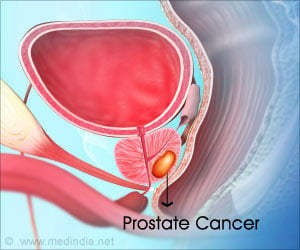Functional connectivity MRI technique can help distinguish patients condition between neurological or Psychiatric disorders, finds a new study. Up until now, there are no laboratory tests to diagnose these problems.
Highlights
- New insights into how variations in cognitive ability and personality traits can be measured. The new Functional connectivity MRI (fcMRI) technique can do this.
- Many disorders of the brain such as migraines, depression, bipolar disorder can now be detected easily through fcMRI.
- This brain scan- functional connectivity MRI (fcMRI) can help us understand how brain regions interact and detect fundamental differences in how individual brains are wired.
"This is a step toward realizing the clinical promise of functional connectivity MRI," said senior author Steven Petersen. He also added "Before we can develop diagnostic tests based on fcMRI, we need to know what it is actually measuring. We show here that it's not measuring what you're thinking, but how your brain is organized. That opens the door to an entirely new field of clinical testing."
The whole data collected by the Midnight Scan Club, a group of Washington University scientists were analyzed by Petersen, postdoctoral researcher, and first author Caterina Gratton. The participants were students of Washington University who took turns undergoing myriad scans in an MRI machine late at night as the usage fees for such highly busy machines is less around that time.
The data from more than 10 hours of the fcMRI scan on each of the nine people, collected in 10 separate one-hour sessions were analyzed. During the scan, each person had done some task related to vision, memory, reading or motor skills.
This scan showed a dynamic map of the outer surface of the brain, showing changing hot spots of activity over time and to create a functional connectivity map, one of the researchers divided the brain surface into 333 regions and identified areas that became active and inactive in unison. A brain network map was constructed for each individual, showing patterns of correlation between parts of the brain.
Not much came the answer.
The good consistency of these fcMRI scans can make them a good diagnostic tool.
The technique have been found to be powerful enough to distinguish people who were extraordinarily alike also.
"We need more data before we can know what is normal variation in the population at large," Gratton said. "But the individual differences were really easy to pick up, even in a population that is really very similar. It's exciting to think that these individual differences may be related to personality, cognitive ability, or psychiatric or neurological disease. Thanks to this work, we know we have a reliable tool to study these possibilities."
Source-Medindia
















